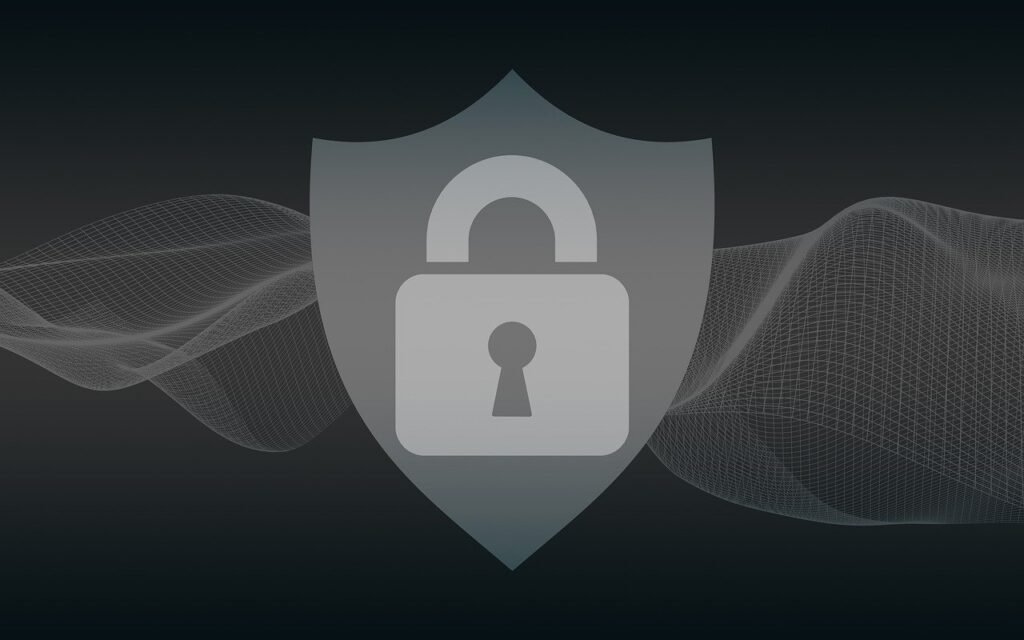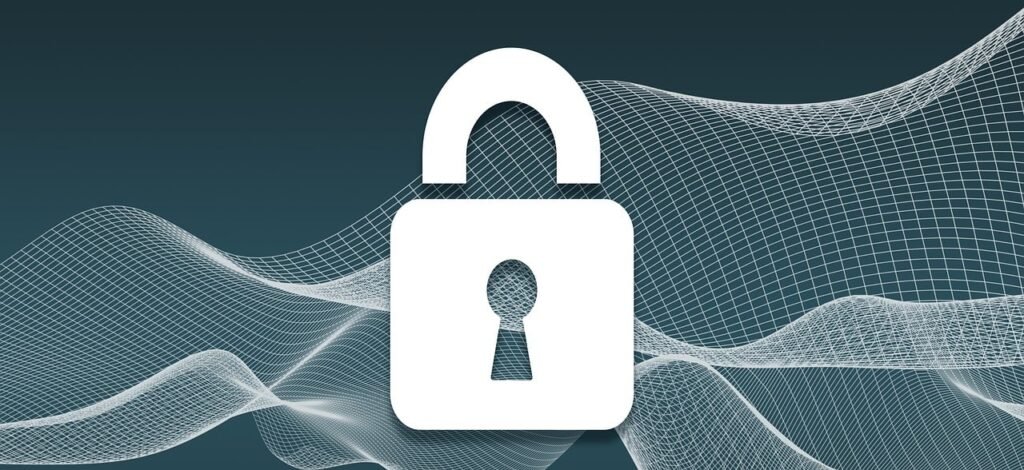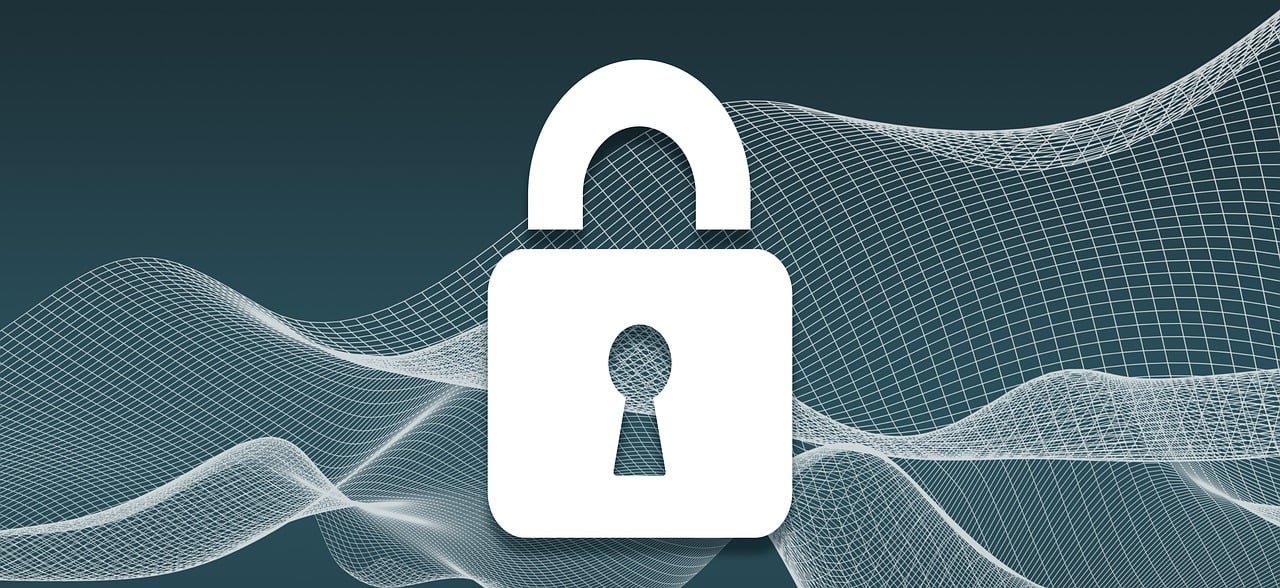Welcome to the ultimate guide to laptop security! In this article, you will learn the best practices to keep your laptop safe and secure from potential threats. From setting strong passwords to regularly updating your software, you will discover simple yet effective ways to protect your valuable information and data. Stay tuned for valuable tips and tricks to enhance the security of your laptop and ensure peace of mind in today’s digital age.
Ultimate Guide to Laptop Security
Have you ever worried about the security of your laptop? From sensitive information to personal photos and documents, your laptop holds a lot of valuable data that you want to keep safe. In this guide, we’ll explore the best practices to ensure the security of your laptop and protect your important data from threats.
Understanding the Importance of Laptop Security
It’s crucial to understand why laptop security is essential in today’s digital world. Your laptop is not just a device you use for browsing the internet or checking emails; it’s a gateway to your entire digital life. With cyber threats on the rise, securing your laptop is more critical than ever.
Why is laptop security important?
Laptop security is essential to protect your personal and sensitive information from cyber threats such as malware, phishing attacks, and data breaches. By implementing security measures on your laptop, you can prevent unauthorized access to your data and safeguard your privacy.
Implementing Strong Password Practices
One of the first lines of defense against unauthorized access to your laptop is a strong password. Your password is like the key to your front door; it should be strong and unique to ensure the security of your data.
What makes a strong password?
A strong password is one that is long, complex, and unique. It should contain a combination of uppercase and lowercase letters, numbers, and special characters. Avoid using easily guessable passwords such as “password123” or your birthdate.
Tips for creating a strong password
- Use a passphrase instead of a single word
- Avoid using personal information in your password
- Consider using a password manager to generate and store complex passwords

This image is property of pixabay.com.
Keeping Your Operating System and Software Updated
Regularly updating your operating system and software is essential for maintaining the security of your laptop. Updates often include security patches that fix vulnerabilities that could be exploited by cybercriminals.
Why are software updates important?
Software updates help protect your laptop from known security vulnerabilities and bugs. By keeping your operating system and software up to date, you can reduce the risk of falling victim to cyber attacks that target outdated systems.
How to stay on top of software updates
- Enable automatic updates for your operating system and software
- Check for updates manually if automatic updates are not enabled
- Install updates as soon as they become available to ensure maximum security
Utilizing Antivirus and Antimalware Software
Antivirus and antimalware software are essential tools for protecting your laptop from malicious software such as viruses, Trojans, and ransomware. These security programs scan your system for threats and remove them to prevent damage to your data.
Why do you need antivirus and antimalware software?
Antivirus and antimalware software help detect and remove malicious software that can compromise the security of your laptop. By running regular scans and updates, you can keep your system protected from evolving threats.
Tips for choosing antivirus and antimalware software
- Look for reputable brands with a track record of effective protection
- Consider features such as real-time scanning, automatic updates, and ransomware protection
- Avoid downloading antivirus software from untrustworthy sources

This image is property of pixabay.com.
Securing Your Internet Connection
Your internet connection can be a gateway for cybercriminals to access your laptop and data. Securing your connection is crucial to prevent unauthorized access and protect your sensitive information.
How to secure your internet connection
- Use a secure Wi-Fi network with encryption such as WPA2 or WPA3
- Avoid connecting to public Wi-Fi networks without using a virtual private network (VPN)
- Enable a firewall on your laptop to monitor incoming and outgoing network traffic
Encrypting Your Data
Encrypting your data adds an extra layer of security by scrambling your files and making them unreadable to unauthorized users. In the event of a data breach or theft, encryption can prevent your sensitive information from being accessed.
Why should you encrypt your data?
Data encryption protects your files, documents, and communication from unauthorized access. By encrypting your data, you can ensure that even if someone gains physical access to your laptop, they will not be able to read your information without the encryption key.
How to encrypt your data
- Use built-in encryption tools such as BitLocker (Windows) or FileVault (Mac OS)
- Consider third-party encryption software for additional security options
- Encrypt sensitive files and folders individually for added protection

This image is property of pixabay.com.
Backing Up Your Data Regularly
Backing up your data is essential for safeguarding your information in case of a hardware failure, theft, or malware attack. By creating regular backups, you can ensure that your important files are safe and easily recoverable.
Why is data backup important?
Data backup helps protect your valuable information from being lost due to unforeseen events such as a laptop malfunction or data breach. By creating backups, you can restore your data quickly and minimize the impact of any data loss.
Tips for data backup
- Use an external hard drive or cloud storage service to store your backups
- Schedule regular backups to ensure that your data is up to date
- Test your backups periodically to make sure they are working correctly
Securing Your Physical Environment
Protecting your laptop from physical theft is as crucial as securing it from digital threats. By implementing physical security measures, you can reduce the risk of unauthorized access to your laptop and data.
How to secure your physical environment
- Keep your laptop in a secure location when not in use
- Use a laptop lock or cable to secure your device to a desk or table
- Avoid leaving your laptop unattended in public places to prevent theft
Educating Yourself on Common Security Threats
Understanding common security threats can help you identify and prevent potential risks to your laptop and data. By staying informed and educated, you can take proactive steps to protect yourself from cyber attacks.
What are common security threats?
Common security threats include malware, phishing scams, social engineering attacks, and data breaches. These threats aim to steal your personal information, financial data, or access to your accounts for malicious purposes.
How to educate yourself on security threats
- Stay up to date on cybersecurity news and trends
- Take online courses or seminars on cybersecurity best practices
- Consider working with a cybersecurity professional to assess and improve your security posture
Creating a Response Plan for Security Incidents
Despite your best efforts to secure your laptop, security incidents may still occur. Having a response plan in place can help you minimize the impact of a security breach and take swift action to protect your data.
Why do you need a response plan?
A response plan outlines the steps you should take in the event of a security incident, such as a malware infection or data breach. By having a plan in place, you can act quickly and effectively to mitigate the damage and prevent further compromises.
Elements of a security incident response plan
- Identify the types of security incidents that may occur
- Assign roles and responsibilities for responding to security incidents
- Document procedures for containing, investigating, and resolving security breaches
Conclusion
Securing your laptop is essential to protect your valuable data and personal information from cyber threats. By implementing best practices such as strong password protection, regular software updates, and data encryption, you can enhance the security of your laptop and reduce the risk of unauthorized access. Remember to stay informed on the latest security trends and threats to ensure that your laptop remains secure in today’s digital world.
